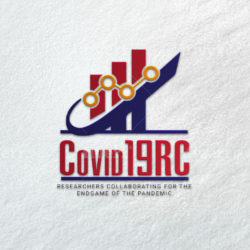From Michele Belot:
The key role of essential workers in stopping the spread of the virus
While we are all becoming accustomed with recommendations to washing our hands regularly and to practicing social distancing, there is a concern that the virus can still spread widely through a minority of people who are in contact with a large number of members of the public and/or who handle goods that are passed on to others. Even if most of us comply with social distancing measures, the virus can continue to spread easily through a minority of people.
O*net, a US-based platform classifying professional occupations has developed a measure of the degree of exposure to diseases and infections. Of course, most of these professions are in the medical sector, where protective practices are already common.
There are however several other professions outside the medical sector that are likely to remain considered essential throughout the pandemic but where protective practices are less common and rigorous. Examples include:
- Retail salespersons, concierges, restaurant staff, and cashiers.
- Couriers and messengers
- Home health aides
- Workers involved in the preparation of deliveries of goods
- Bank and post office receptionists
- Plumbers, handymen
- Police
It is imperative that those in these professions follow the WHO and professional guidelines, including wearing a protective mask, washing hands regularly, and between every interaction with members of the public. Wearing gloves without disinfecting them between interactions may protect the worker but will contribute to spread the virus to members of the public.
